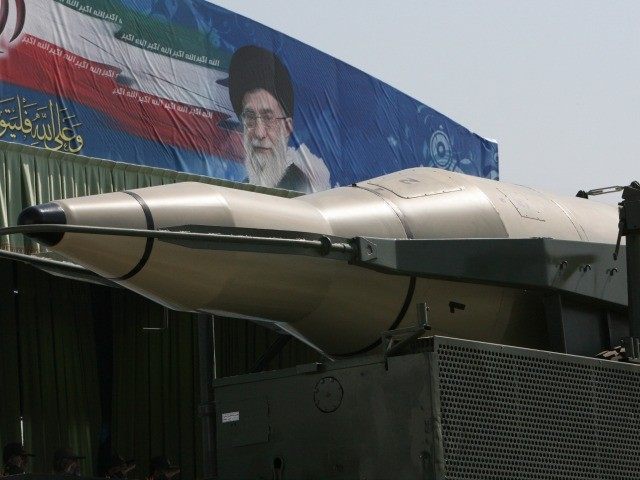The nuclear agreement announced Tuesday says Iran must resolve outstanding questions about its past nuclear weapons research before sanctions are dropped. However, a former IAEA official says of the agreement, “The fix is in.”
Tariq Rauf is a former head of the Verification and Security Policy Coordination Office at the International Atomic Energy Agency (IAEA). He now works for the Stockholm International Peace Research Institute (SIPRI) as an expert on nuclear disarmament and non-proliferation. Rauf says the IAEA has been looking for a way to sidestep a thorny issue about Iran’s past military research into nuclear weapons. Earlier this month he told Bloomberg News, “[IAEA Director Yukiya] Amano is under pressure on finding a way out on the possible military dimension investigation.”
The longstanding questions about possible military dimensions (PMD) of Iran’s past nuclear research program are supposed to be resolved prior to the dropping of sanctions on Iran. The final nuclear deal announced Tuesday lays out a path to do this. However the promise to resolve these issues is at odds with longstanding Iranian insistence that it has never done any such research. Indeed, President Rouhani claimed again Tuesday, “Iran has never been after atomic bombs.”
So how can the issue be resolved if Iran continues to deny any such research ever took place? “The fix is already in. The Americans have said they don’t want a confession,” Rauf told the Guardian Tuesday. He added, “Amano has said he will give an assessment report, not a conclusion, which is not what the IAEA normally does. His likely assessment by December is that there are unanswered questions, but the agency has what it needs, and it will be rubber-stamped by the board.”
The point about America not demanding a confession is a reference to a statement Secretary of State John Kerry made last month, “We’re not fixated on Iran specifically accounting for what they did at one point in time or another. We know what they did.” This statement was seen at the time as a potentially major concession on the PMD issue.
The IAEA will be given access to one contested site (Parchin) where Iran is believed to have carried out high explosives work connected to bomb making and will then issue it’s assessment report in mid-December. Of course the IAEA could surprise everyone by issuing a report that says the PMD issue remains unresolved in some way that blocks the removal of sanctions, but given the political investment already made in this agreement, that outcome seems unlikely.

COMMENTS
Please let us know if you're having issues with commenting.